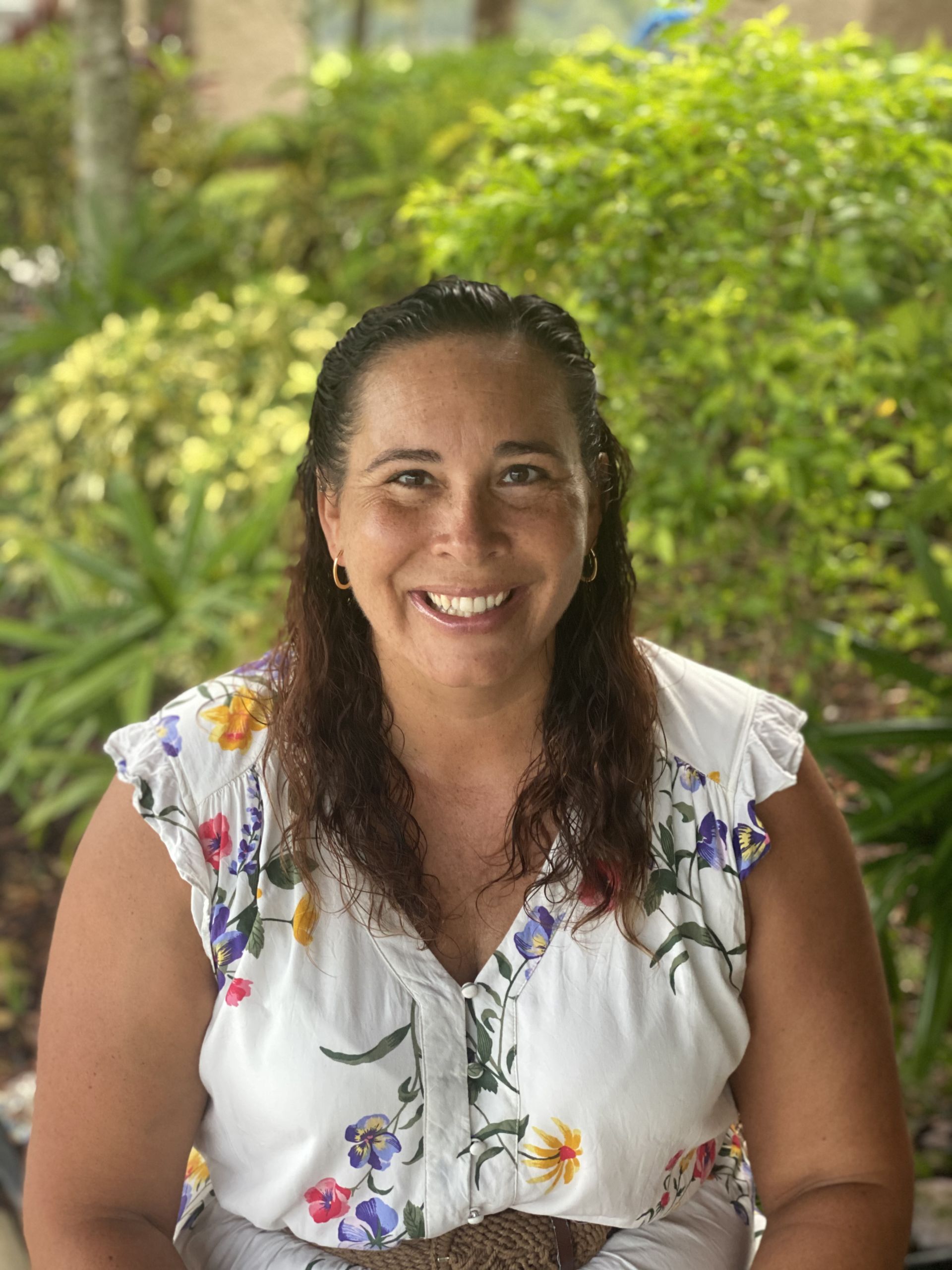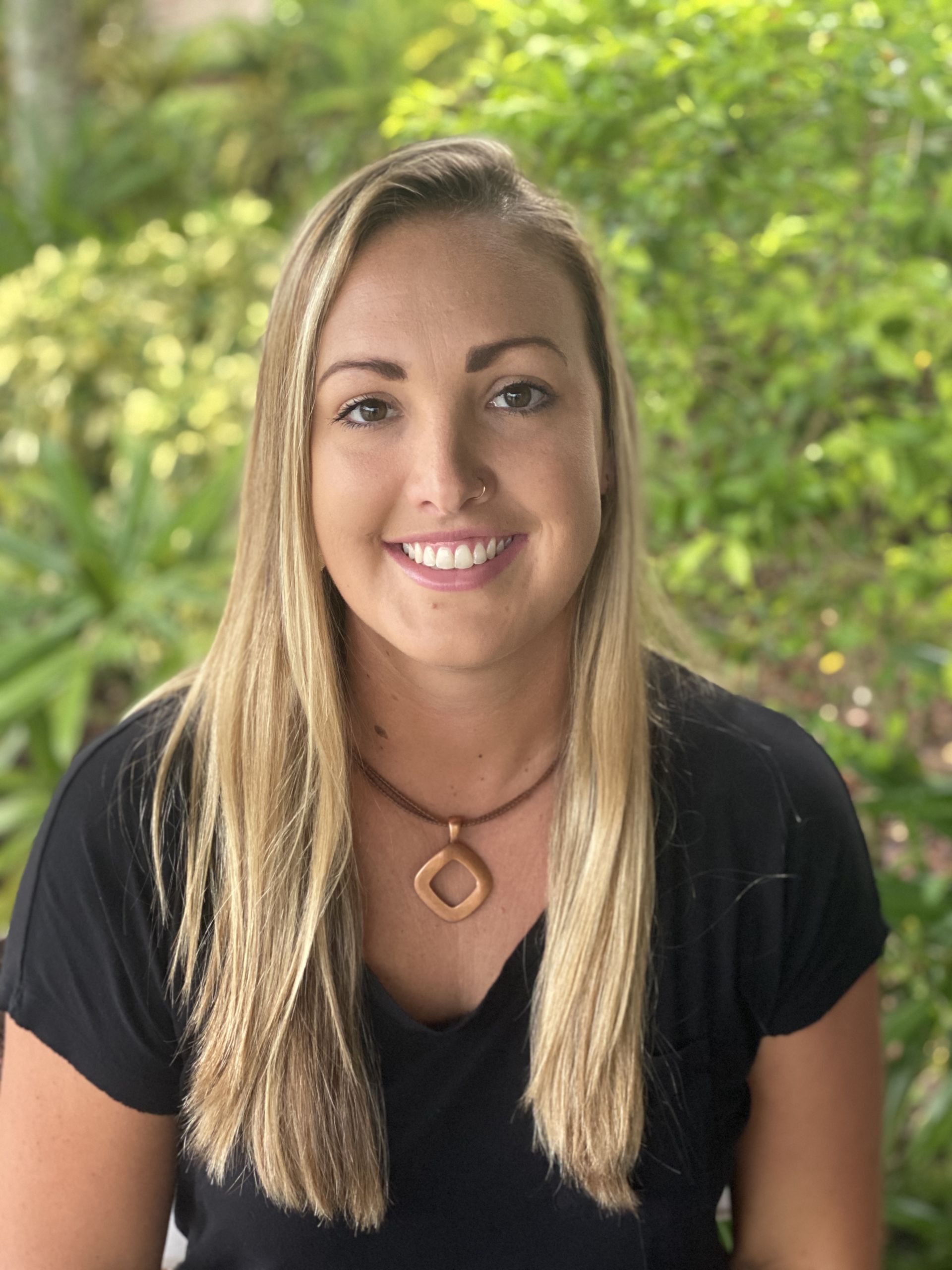Preschool Primary Program
3 – 6 year olds
When children pass through the doors of the primary program at Foundations Christian Montessori Academy, they enter a model, kid-sized community, that is focused on the needs of the children. In our primary program the classes are not centered around the teacher, instead the children learn from, and in turn lead, other children in the environment in order to attain mastery of their own development. In the place of the classroom, we have a “Children’s House” or home that encompasses a three-year age range. The Children learn side-by-side, enabling excitement and interest as the younger students are gradually exposed to more advanced concepts. Teachers develop and maintain longer relationships with children, guiding the student’s progress in the most continuous and productive manner.
In this period of intense social emotional growth, hands-on activities foster genuine interest in the learning process, instilling both curiosity of the child’s environment and the ability to concentrate and focus for extended lengths of time. The Montessori method and curriculum cultivate personality traits that are essential for intellectual development such as self-esteem, self-control, and self-confidence. The goal of our Montessori primary program is not rote recall of a set of facts but to the creation of curious, respectful, knowledge-and-growth seeking individuals. When students reach this stage and embody these qualities it reinforces their positive self image and healthy interaction with the world around them, invalidating the need for disciplinary measures.
Foundations Christian Montessori Academy is the FIRST Christian Montessori academy serving the Lakewood Ranch community and is centrally located to also serve the families of Manatee and Sarasota counties.
“The Montessori experience at an early age prepares children at a later age to be able to isolate, classify, discriminate, analyze, and use critical thinking skills. It is a basis for creative learning and intellectual curiosity.”
— Dr. Maria Montessori
What To Expect in the Montessori Preschool Classroom
• Line time – These daily experiences are opportunities for the whole Montessori class to gather during the beginning and end of the day as well as during transitions. Line time activities may include: calendar work, singing, story time, science experiments, group lessons, problem solving, and planning for future activities.
• Lessons/Activities – Lessons are generally directed by the teacher; however, there are times when other children in the environment will give lessons to others as well. These activities tend to be delivered on an individual or small group basis. Repetition is key to the learning process, so once these lessons are presented to your child, they have the opportunity to continue the work through out the day.
• Work – The Montessori materials in the classroom are generally referred to as a child’s work. All of these materials include direct and indirect purposes as well as a built in control of error; this allows the child to have the independence to correct his/her own work without the assistance of an adult.
• Mats – The mats in a Montessori classroom are used to define a particular workspace. All materials used in the classroom are presented on a mat, with the exception of written work. Your child may even go home asking if he/she may have a mat to work on.
• Aprons – Water and Art activities are used frequently in the Montessori classroom. Aprons are used during these activities to help develop an understanding of personal care.
• Snack – Ask your child what his/her favorite activity is and he/she may reply, SNACK! This is not unusual since this is actually treated as a work in the environment. First your child will have a lesson on snack preparation; he/she is then allowed to serve him/herself. This is a simple social activity and most children love it!
• “Inside” voice – Children are reminded to use their quite voice while inside the classroom. This ensures a respectful working classroom so everyone has the opportunity to concentrate.
• Practical Life – The Practical Life area is one of the most inviting areas in the classroom for tiny hands. These activities mimic the work of Mom and Dad at home. It is through these activities that children build independence and discover the concentration needed for exploration in the math and language areas. It is our aim to help the child develop gross and fine motor skills as well through these types of lessons. Maria Montessori observed that children preferred the use of real life child-sized tools instead of fake plastic replicas.
• Sensorial – The Sensorial area is designed to awaken the child’s senses. It is with the direct exploration of these materials that the child learns to isolate, classify, discriminate, and analyze thus developing a creative and intellectual curiosity.
• Grace and Courtesy – Preschool age children are at a prime period to learn about social graces and manners within a community setting. Examples of these common courtesies may include, saying please and thank you, greeting parents and outside visitors, and serving food. These grace and courtesy lessons are presented and practiced throughout the school year.
• The Peace Table or Peace Place – Dr. Montessori recognized children as the redeeming factor in the evolution of humankind. A Peace Rose can be one of the symbols we use to help designate a place where children may go freely to peacefully resolve a conflict with each other.
If you would like to further your understanding of the Montessori Classroom please feel free to ask your child’s teacher or continue your research with the following books:
• A Parents’ Guide to the Montessori Classroom, by Aline D. Wolf
• Child of the World: Michael Olaf’s Essential Montessori for Ages 3-12+, by The Michael Olaf Company
• How to Raise an Amazing Child the Montessori Way, by Tim Seldin
• The Montessori Way, by Tim Seldin
Preschool Primary Program
3 – 6 year olds
When children pass through the doors of the primary program at Foundations Christian Montessori Academy, they enter a model, kid-sized community, that is focused on the needs of the children. In our primary program the classes are not centered around the teacher, instead the children learn from, and in turn lead, other children in the environment in order to attain mastery of their own development. In the place of the classroom, we have a “Children’s House” or home that encompasses a three-year age range. The Children learn side-by-side, enabling excitement and interest as the younger students are gradually exposed to more advanced concepts. Teachers develop and maintain longer relationships with children, guiding the student’s progress in the most continuous and productive manner.
In this period of intense social emotional growth, hands-on activities foster genuine interest in the learning process, instilling both curiosity of the child’s environment and the ability to concentrate and focus for extended lengths of time. The Montessori method and curriculum cultivate personality traits that are essential for intellectual development such as self-esteem, self-control, and self-confidence. The goal of our Montessori primary program is not rote recall of a set of facts but to the creation of curious, respectful, knowledge-and-growth seeking individuals. When students reach this stage and embody these qualities it reinforces their positive self image and healthy interaction with the world around them, invalidating the need for disciplinary measures.
Foundations Christian Montessori Academy is the FIRST Christian Montessori academy serving the Lakewood Ranch community and is centrally located to also serve the families of Manatee and Sarasota counties.
“The Montessori experience at an early age prepares children at a later age to be able to isolate, classify, discriminate, analyze, and use critical thinking skills. It is a basis for creative learning and intellectual curiosity.”
— Dr. Maria Montessori
What To Expect in the Montessori Preschool Classroom
• Line time – These daily experiences are opportunities for the whole Montessori class to gather during the beginning and end of the day as well as during transitions. Line time activities may include: calendar work, singing, story time, science experiments, group lessons, problem solving, and planning for future activities.
• Lessons/Activities – Lessons are generally directed by the teacher; however, there are times when other children in the environment will give lessons to others as well. These activities tend to be delivered on an individual or small group basis. Repetition is key to the learning process, so once these lessons are presented to your child, they have the opportunity to continue the work through out the day.
• Work – The Montessori materials in the classroom are generally referred to as a child’s work. All of these materials include direct and indirect purposes as well as a built in control of error; this allows the child to have the independence to correct his/her own work without the assistance of an adult.
• Mats – The mats in a Montessori classroom are used to define a particular workspace. All materials used in the classroom are presented on a mat, with the exception of written work. Your child may even go home asking if he/she may have a mat to work on.
• Aprons – Water and Art activities are used frequently in the Montessori classroom. Aprons are used during these activities to help develop an understanding of personal care.
• Snack – Ask your child what his/her favorite activity is and he/she may reply, SNACK! This is not unusual since this is actually treated as a work in the environment. First your child will have a lesson on snack preparation; he/she is then allowed to serve him/herself. This is a simple social activity and most children love it!
• “Inside” voice – Children are reminded to use their quite voice while inside the classroom. This ensures a respectful working classroom so everyone has the opportunity to concentrate.
• Practical Life – The Practical Life area is one of the most inviting areas in the classroom for tiny hands. These activities mimic the work of Mom and Dad at home. It is through these activities that children build independence and discover the concentration needed for exploration in the math and language areas. It is our aim to help the child develop gross and fine motor skills as well through these types of lessons. Maria Montessori observed that children preferred the use of real life child-sized tools instead of fake plastic replicas.
• Sensorial – The Sensorial area is designed to awaken the child’s senses. It is with the direct exploration of these materials that the child learns to isolate, classify, discriminate, and analyze thus developing a creative and intellectual curiosity.
• Grace and Courtesy – Preschool age children are at a prime period to learn about social graces and manners within a community setting. Examples of these common courtesies may include, saying please and thank you, greeting parents and outside visitors, and serving food. These grace and courtesy lessons are presented and practiced throughout the school year.
• The Peace Table or Peace Place – Dr. Montessori recognized children as the redeeming factor in the evolution of humankind. A Peace Rose can be one of the symbols we use to help designate a place where children may go freely to peacefully resolve a conflict with each other.
If you would like to further your understanding of the Montessori Classroom please feel free to ask your child’s teacher or continue your research with the following books:
• A Parents’ Guide to the Montessori Classroom, by Aline D. Wolf
• Child of the World: Michael Olaf’s Essential Montessori for Ages 3-12+, by The Michael Olaf Company
• How to Raise an Amazing Child the Montessori Way, by Tim Seldin
• The Montessori Way, by Tim Seldin
OUR EDUCATORS
Enroll Your Child Online Today!
Get Started with our Easy Access & Enrollment System



